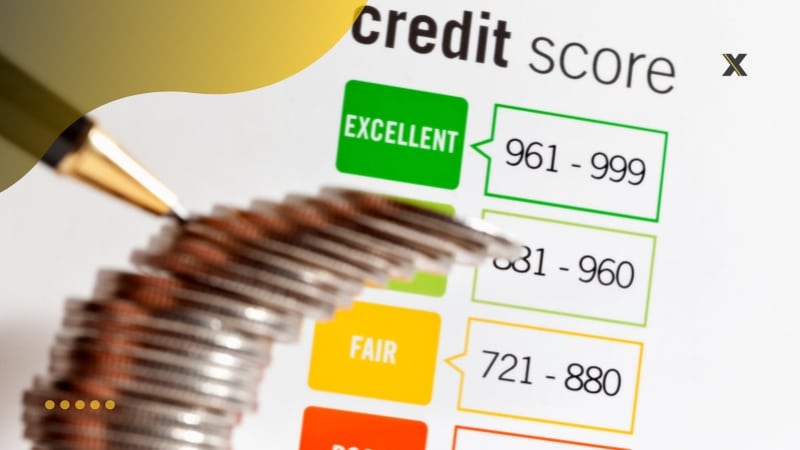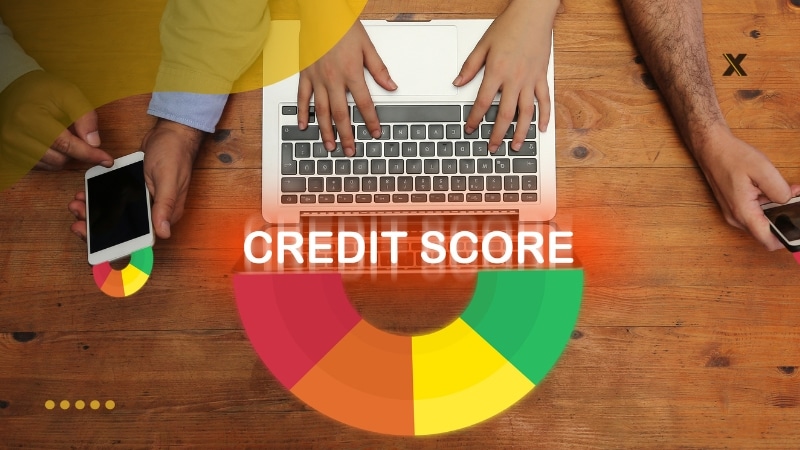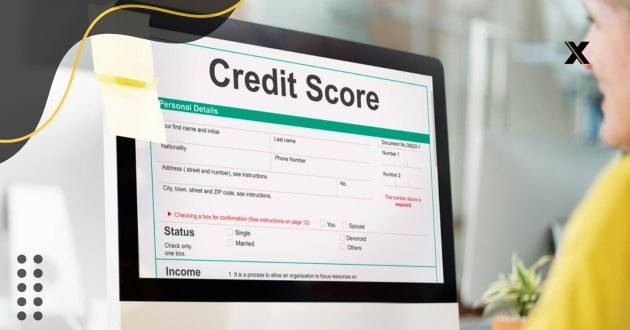Advertisements
Managing debt and credit scores is very important for those who want to get out of the accounts and achieve financial stability, but do you know where to start?
We will show you the main factors that influence your credit score. In addition, we will introduce you to the best practical tips for managing debt and credit scores.
In this way, you will know a complete analysis of managing debt and credit scores, understanding using your money in the right way, thinking about building a more secure financial life. So, read on to find out the path to your financial freedom.
Factors that determine your score (Managing debt and credit scores)

There are some factors that drastically impact your score. We’ll cover each of them now. Let’s go
Advertisements
- Payment history: This is the most important factor and accounts for 35% of the credit score. It takes into account whether or not you have paid on time both other lenders and your bills;
- Credit utilization percentage: This represents 30% of the score and takes into account how much credit you’re using in relation to the total amount of credit available. Therefore, the closer you are to the limit, the higher the utilization rate and the worse the score will be;
- Length of credit history: A good credit history over a long period of time is an excellent sign for lenders. In principle, this factor represents 15% of the final score;
- Types of credit: managing different types of debt, such as credit cards, retail accounts, online personal loans with instant approval, among other accounts is a point in favor when determining your score;
- Credit inquiries: Every time a lender looks at your credit report, it is recorded. Having a high number of inquiries may indicate that you are looking for many credit alternatives, which can lower your limit.
In short, these 6 factors determine your score. Now do you know how to increase it? Keep reading, ahead you will learn practical tips that help you in this difficult, but not impossible, task.
Tips for Managing Your Debts and Increasing Your Credit Score

1. Know where your money is going
If you want to organize your finances and increase your credit score, the first step is to have your debts written down.
Control helps you understand exactly how money is being used and, more importantly, where it might be going without you even realizing it.
Therefore, write down each expense, no matter how small. This way, you will have a clear view of what needs to be paid, what can be cut, and which bills are weighing more on your budget.
Advertisements
For this you can use finance apps such as YNAB, Money Management, Mint, among others. If you prefer, you can also create an Excel spreadsheet.
2. Create clear and objective goals
Getting rid of debt can and should be a financial goal for the year. However, this goal must be concrete, that is, reasonable and achievable. A good example is to set a goal of paying off all debts by the end of December.
Start by separating what is most urgent. We recommend that you prioritize at first those debts with high interest rates or that directly affect your score.
In addition, you can also divide the goal into stages, creating small goals over the weeks and months.
So, instead of getting lost in the anxiety of solving everything at once, you stay calm, taking one step at a time, always focusing on managing the accounts to increase your score.
3. Cut unnecessary expenses and remember: it’s temporary (Managing debt and credit scores)
When debts tighten, making dreams that involve money come true becomes increasingly difficult.
Therefore, during this period, cut everything that is unnecessary. And yes, small savings do make a difference.
Small changes, even simple ones like turning off the lights when leaving a room, using the shower in summer mode during hot days or gathering clothes to use the washing machine only once a week help you reduce expenses at the end of the month.
4. Increase your monthly revenue
In some cases, just reducing expenses is not enough. That is, even cutting expenses, they cannot pay their debts. When this happens, the solution is to seek extra income.
First, sell what you no longer use: clothes, electronics, furniture, or even objects that have been stored for years.
In addition, it can turn simple skills into opportunities, such as making cakes, sweets, crafts or reselling products. All this can be done over the internet or for people close to you.
The important thing is to find something that works in your routine and that helps supplement your income at the end of the month. Because sometimes, to get out of the red, the secret is not only to spend less, but to earn more.
5. With finances more organized, it’s time to negotiate (Managing debt and credit scores)
After putting the budget in order, cutting expenses and, if possible, ensuring extra income, it’s time to take on the most important activity. Look for your creditors to negotiate.
Having some money available at the time of the conversation makes all the difference. In this way, you increase your chances of getting discounts and improving your payment terms.
6. Before spending, research (always)
This tip is valid for everyone, but for those who are in debt, it is even more important.
Before you buy anything, do your research. Comparing prices helps you find the best deal and avoids unnecessary expenses. This small practice at the end of the month makes all the difference.
This is even true for loans. If you are thinking of taking out credit to pay off debts, you also need to compare conditions, interest and terms. A poorly chosen loan can end up increasing the problem even more.
Conclusion (Managing debt and credit scores)
Now you understand that managing debt and improving your credit score is a process that requires organization, patience, and attitude.
By understanding the factors that directly influence your score and applying tips such as controlling expenses, creating realistic goals, seeking extra income, and negotiating with creditors, you will begin to transform your financial reality.
It is important to emphasize that it is not just about getting out of debt, but about creating healthy habits that will ensure a peaceful future (financially speaking), not to mention that you will have better opportunities.
So, start with small changes. Thus, with focus and planning, you will increase your score and achieve your financial freedom.




